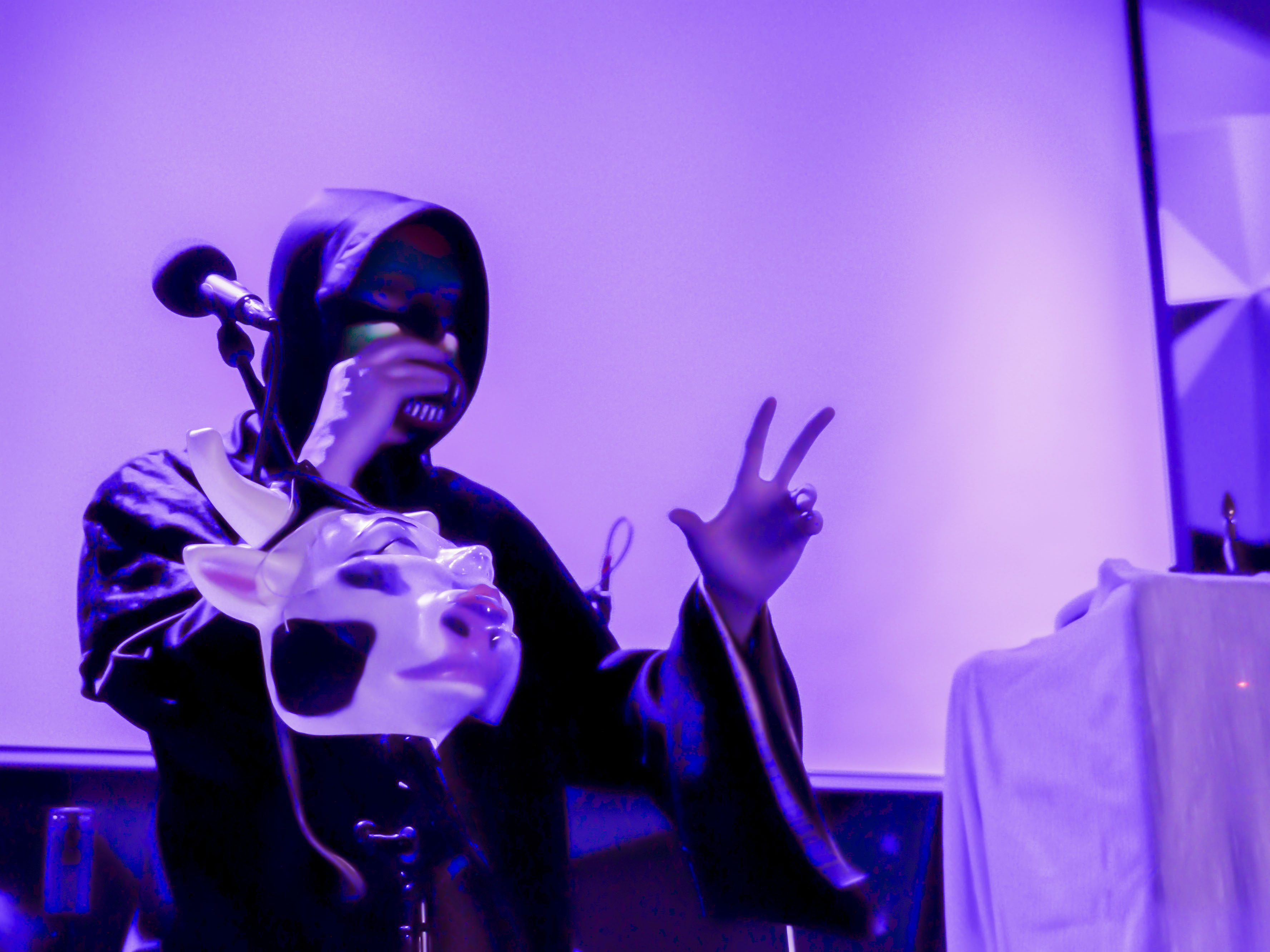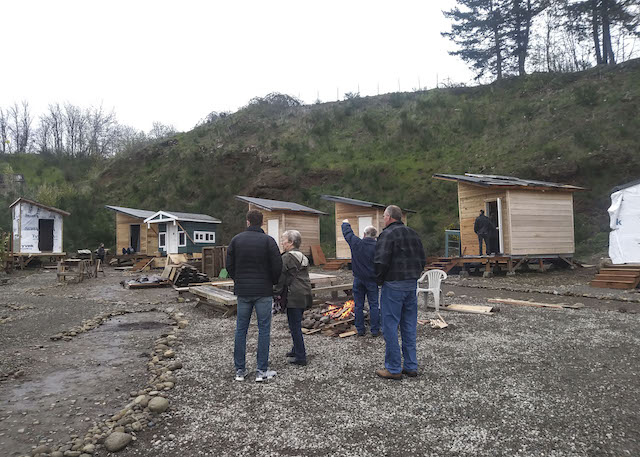In an effort to honor Women’s History Month, Portland State’s Black studies department hosted a Black Bag Speakers Series on April 9 with four female scholars to speak on the experience of Black women in academia.
Panelist Kim Cameron Dominguez, assistant professor at Lewis & Clark University, spoke of her academic journey in anthropology. “Anthropology as a discipline is highly problematic,” Dominguez said. “It has a history of being complicit with all kinds of colonizing and hegemonic projects.”
Dominguez said her projects from 2016 to 2018 were motivated by Black women leaving Portland. Dominguez said while she was in Portland, she wanted to know what the community was doing to make Portland a place professional Black women are willing to engage in.
Dominguez said her biggest challenge at the moment is the fact that she works at a primarily white institution.
“I thought I would be teaching students who are far more diverse,” she said. “How do I explain questions of race, ethnicity, racialization processes, what it means to be a Black woman in the world to a group of people who could—if they want to—separate themselves from this discourse?”
“Portland is seen as this sustainable city,” said panelist Idowu Ajibade, assistant professor of geography at PSU. “I wanted to understand what makes Portland that different. Can we engage with people’s ideologies in order to address some of the pending things we are facing not only on a local level, but on a global level?”
Her environmental research focuses around climate change issues and how cities, slum areas and people can transform. During the panel, she explained how government corruption in her home country of Nigeria impacted everyday life and shaped her interest in social justice work.
“I had been interested in human rights and social justice issues, so I tried to marry the two: What are the climate change impacts on human rights and health, and specifically the rights of women in particular?” Ajibade said.
Panelist Karlyn Adams-Wiggins, an assistant professor at PSU, said she chose to study developmental psychology because she wants to understand how racialization is unfolding as part of the developmental process.
In her graduate studies, Adams-Wiggins said she focused on power relations within collaborative groups, using video-recorded classroom observation as her method.
Ajibade said she has walked out of interviews at top schools because of the apparent racist culture of the school.
On graduate school, several of the speakers mentioned prospective graduate school attendees should research their schools of choice thoroughly.
Panelist Dominguez also spoke of the importance of seeking out mentors and thinking strategically about what those mentors can offer in the long run.
“I’m going to go to graduate school soon, so I was looking for information on what it’s like to be a Black woman in the world of academia,” said Attendee Juell Towns, a senior at PSU studying community health education.
“In many cases people are taking on students knowing full well that they are not planning on investing in them,” said Adams-Wiggins. “You need to make sure you have information about funding. Those who are asking to pay for themselves aren’t always receiving mentorship, either.”
Attendee Jaboa Lake, a graduate student in the applied social psychology program at PSU, said she is working with other people in her field to compile lists of publications by Black authors so they can cite each other.
“Peer networks and mentorship is essential to not only getting a job but asking those difficult questions such as, ‘Does this school align with my work, and will you actually support the work I’m doing? Or do you just want me to be a black face that you can tokenize?’” Lake said.





